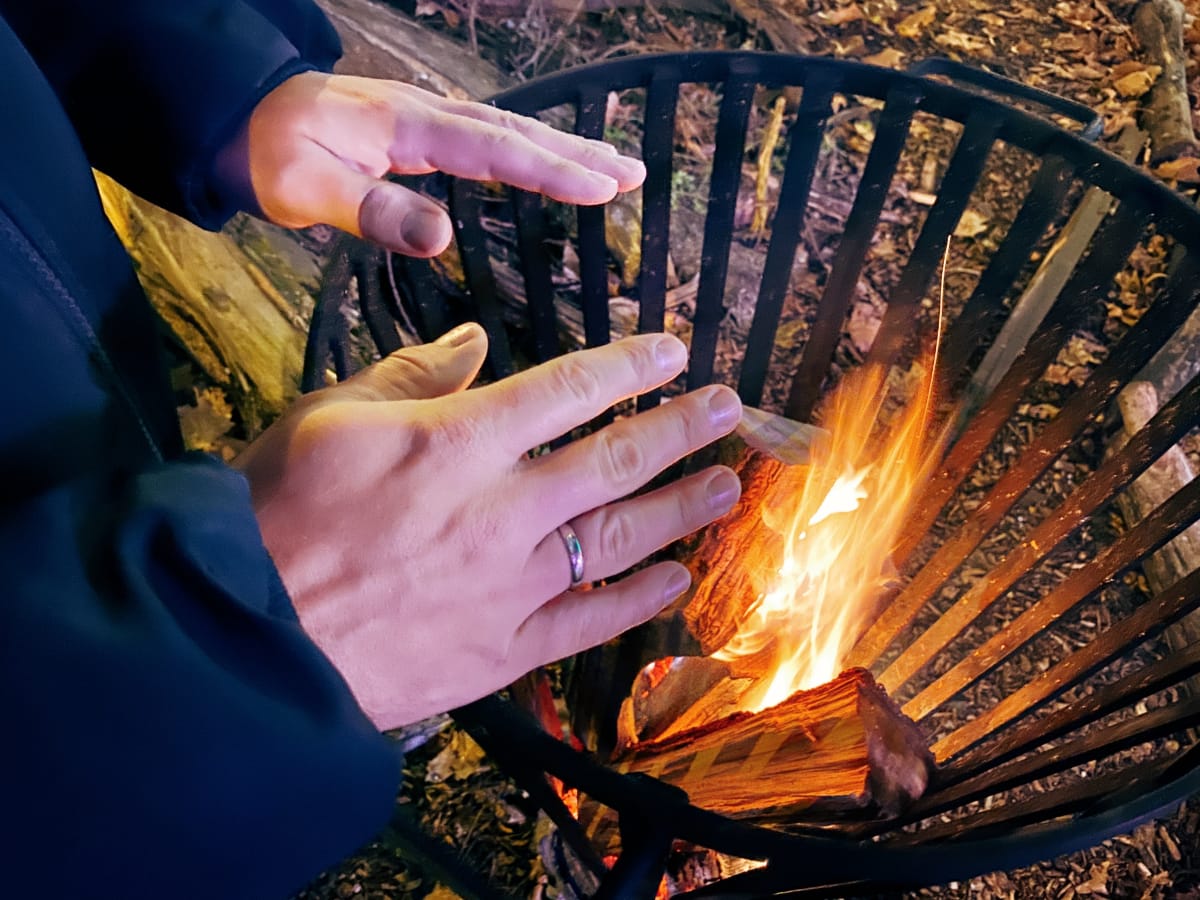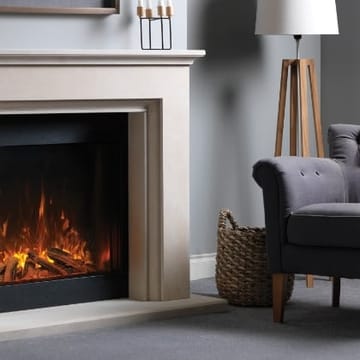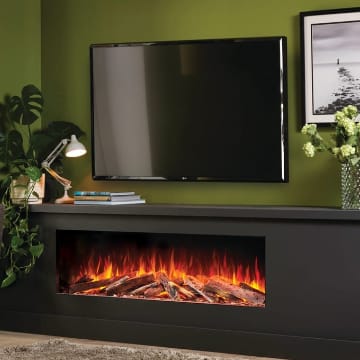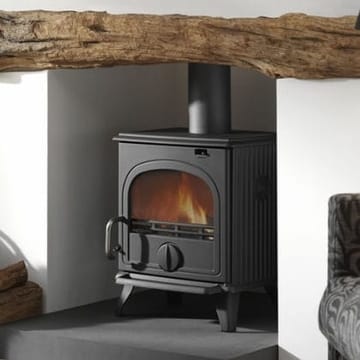
10 Ways To Keep Your Energy Bills Down This Winter As Gas And Electric Prices Drastically Increase
It's good practice to monitor your energy consumption year on year as it's so easy to slip into bad habits that end up costing you more money they you really need to spend. With soaring energy bills it's also become a necessity for many to reduce their energy consumption.
Lets face it, anything we do right now to cut down our energy usage isn't going to make much difference in our energy bills because they have more than doubled in a year. But if prices do come back down to 2021 figures, and you've reduced your energy consumption and don't go back to bad habits, you'll start to save money over a longer period of time.
Most of the advice here is obvious, all of them are more than achievable with a bit of planning before the winter months. But most require an initial outlay, so compare the cost of a new item against how much you will save over the life of that new purchase.
Below you will find some tips on how to save on your energy bills:
1. Swap central heating for thicker clothes, blankets, a hot water bottle or an electric blanket at night
It's normal for British people to turn their heating off during the night and to sleep in cold rooms, while enjoying a thick winter quilt and additional throws/blankets if needed on particularly cold nights. But if you need to cut down how long you have your heating on during the day and are turning it off a couple of hours before you go to bed then you may need additional help to keep yourself warm.
There is the option to put another layer of thicker clothes on which lock in your body heat, keeping you toasty for the night. For some that may be a pair of thick socks and jumper, for others it may mean buying some thermal tops and leggings.
The next option could be to add a weighted blanket, these don't come cheap but you soon warm up while you have the comfort from the weight of the blanket which can help with sleep.
If you really do feel the cold, then a hot water bottle can be used to warm up a bed before you get into it, it can also provide you with additional heat for a good three hours, but be careful as you can burn yourself on them, and they shouldn't have any weight put on top of them. They can cost as little as £8 and then the cost of boiling a kettle and water.
If none of that helps then an electric blanket burns around 40W so it's basically the cost of running a light bulb for the night.
Many of the above can also be used during the day to enable you to reduce the amount of time you have your heating on - especially if you are home all day.
Insulated homes don't let the heat or the cold in from outside, so generally feel colder inside all year around, this means you may find yourself turning your heating on earlier than when your home was un-insulated. If the air outside is warmer then inside your house during spring and autumn, open your windows to let the heat in. If it's colder outside but you have clear skies and sun hitting your windows, open nets or curtains, the sun coming through the windows can really heat a room up.
2.Use a heated airer rather than a tumble drier
A heated airer will use much less energy than a tumble drier and can be bought for as little as £50. Some heated airers can cost as little as 3p to 6p per hour to run. The savings on your energy bills in the long run will more than offset the initial outlay.
On clear days with wind, hang your washing outside. Even on cold days it can get dry, or need less time on a heated airer.
3. Use an air fryer or microwave rather than using your oven
It can cost around 61p an hour to run an oven, 52p an hour to run an air fryer, and 20p an hour to run a microwave, all depending on size and kilowatts they burn.
It's possible to cook every meal you need in a microwave, it's a great choice if there is only a couple of you to cook for.
Air fryers are the new best thing, they can also cook almost as much as you could in your oven. Air fryers cost between £50 to £200 to buy, so again you need to think about the long term savings.
4. Turn plugs off at the wall
For the older generation it's common practice to turn off all items that are using electricity when not in use. But with most other generations it's commonplace to leave electrical items on standby. Even in standby mode they are burning energy, just place your hand on the plug, if it's warm its draining energy, if it has a light, it's draining energy. You could save around £55 a year if you can adopt this habit.
5. Switch to LED light bulbs
Switching our energy-saving bulbs to LED bulbs will definitely save you money. LED bulbs require much less power and also last a lot longer. To prevent wastage, this is best done when a bulb needs to be replaced.
When you are relaxing in front of the TV during the evening, why not turn all the lights out, you don't need them on to watch TV.
6. Fit draft excluders
Find any spots in your house that let in draughts - usually around doors and windows. Fit draft excluders. You can purchase stick on strip that will keep the draughts out and insulate your home much better in the winter months. You could save as much as £45 per year.
I recently did this on my kitchen door, the difference to the kitchen could be felt immediately. It's a nice cheap quick fix.
Hanging heavy curtains over front doors can also help keep the heat in once your radiators are on.
7. Have shorter showers
On average most people spend around 15 minutes taking a shower. For every 5 minutes you are in a shower it's costing you around 45p, if you can halve your time you currently spend in the shower, just think how much you could save over your life time. You will also be cutting down on water usage.
8. Keep the heated towel rail off
A heated towel rail is a luxury, it isn't necessary. Turn if off.
9. Give up the bath
This is one you can do if you have a shower.
This is going to be the best time to force yourself to give up that daily bath. Cut back to one luxurious bath a week, and savour every moment of it. You'll appreciate it far more, especially when you notice a reduction in energy and water bills.
I found once I moved over to a separate shower unit, there was no going back to having baths, the shower was just too convenient and quick to use.
10. Don't overfill the kettle
Stop over filling your kettle and you could save yourself £11 a year. Only boil what you need.
Other areas that you could save energy.
Everything in modern life seems to need charging, all of which costs you money. See if you can delay charging, or take days off from chargeable gadgets.
Do you really need to get the vacuum out every day, could that small bit of dirt be cleared away with a dust pan and brush?
Cut down the washing temp on your washing machine to 20C, the powder is there to get your washing clean, and only do a wash when you have a full load.
Don't leave computers on all day and throughout the evening if you work from home. Only put them on when you are going to be sitting in front of them working.
Do batch cooking, as it takes around 20 minutes to warm up an oven, make sure you fill it up with a couple of meals or cook several meals one after the other that can be frozen. When needed simply pop them into the microwave to warm up.
Conclusion
Being that little bit more mindful about how you use energy can pay dividends over your life time. You may have to cut back because of the high living costs right now, or you may wish to cut back to help the environment. For whatever reason, it's good practice to look at all your bills every year to see where you have gotten into bad habits and to see where you can save money.




